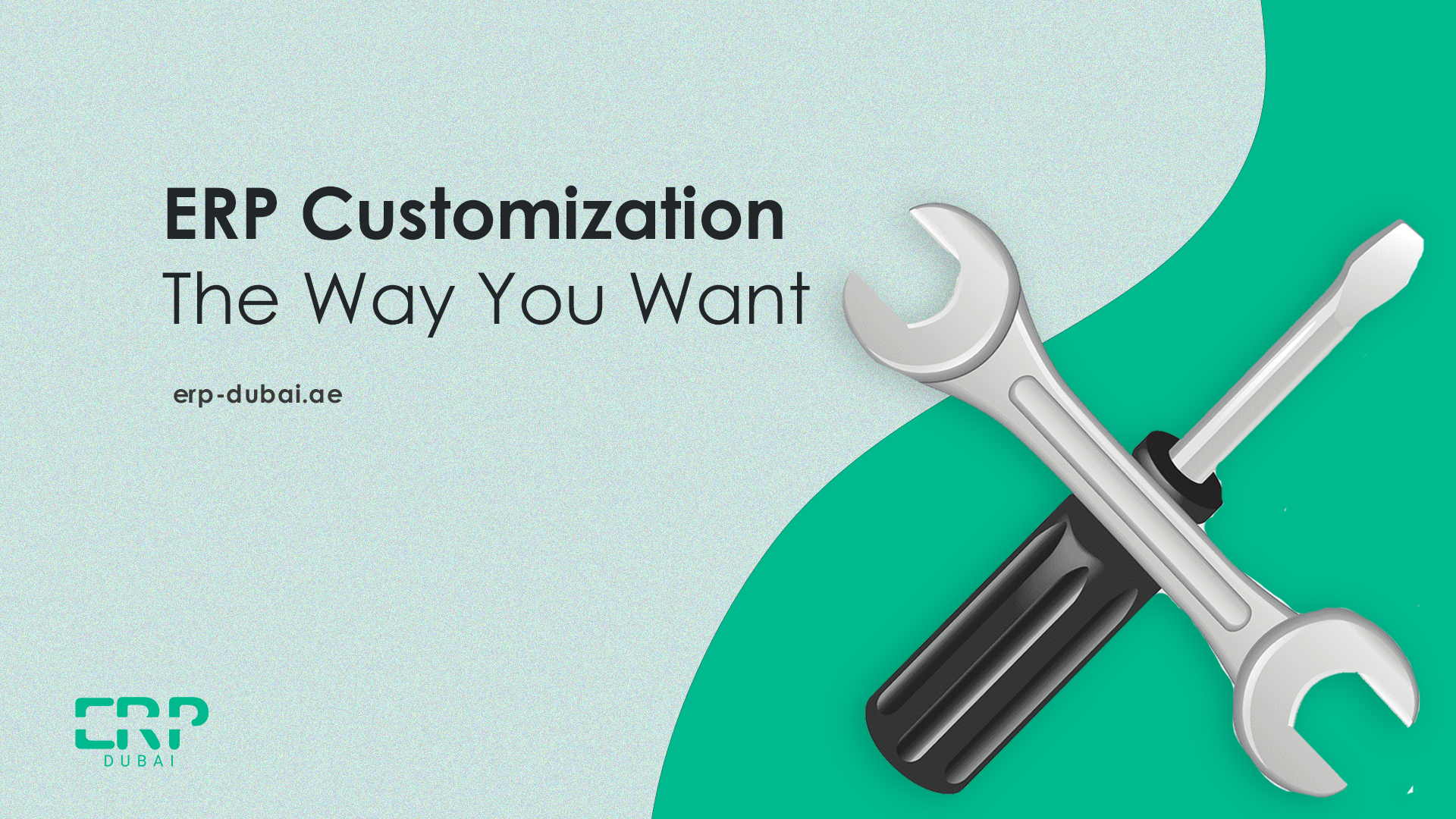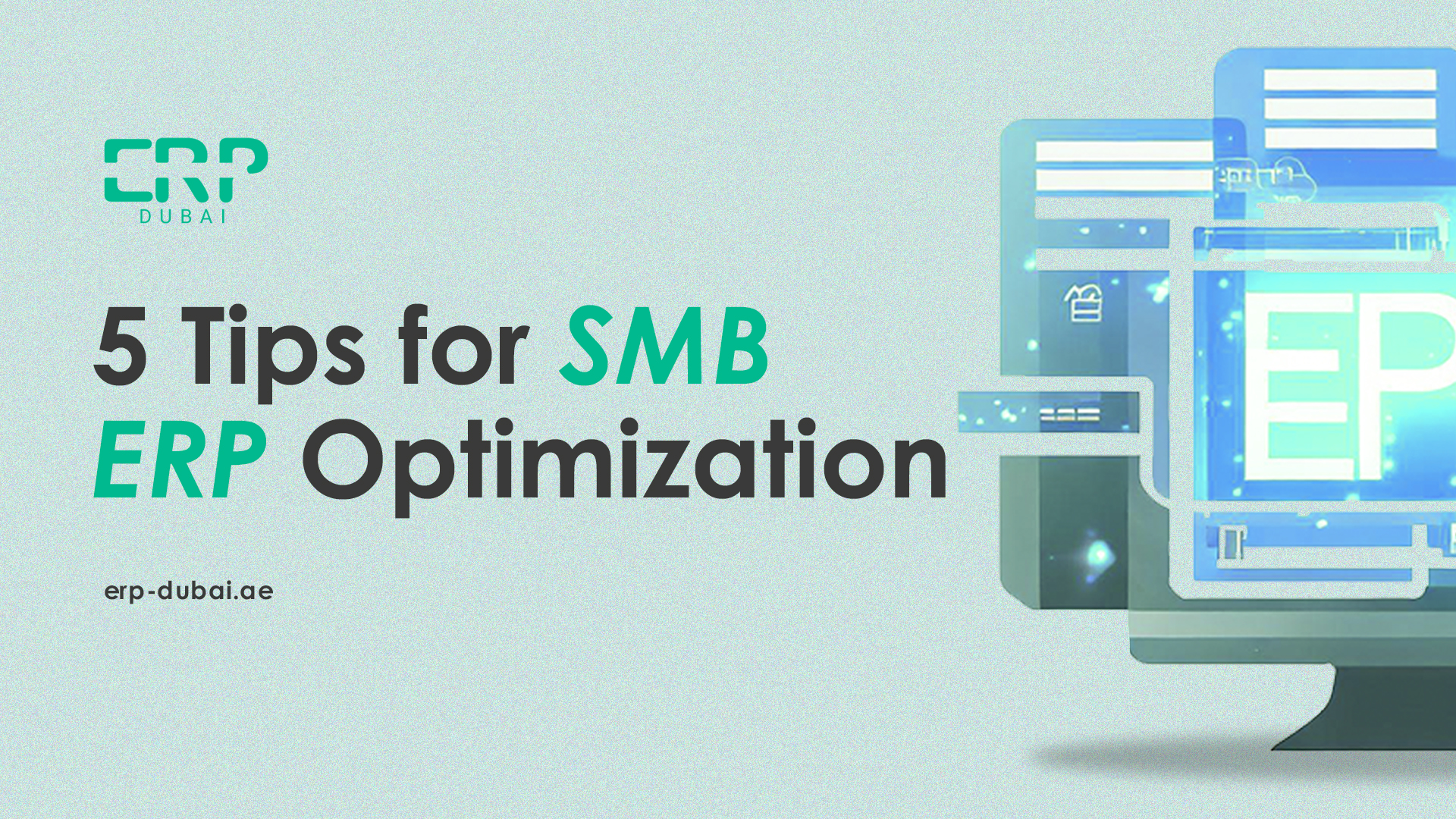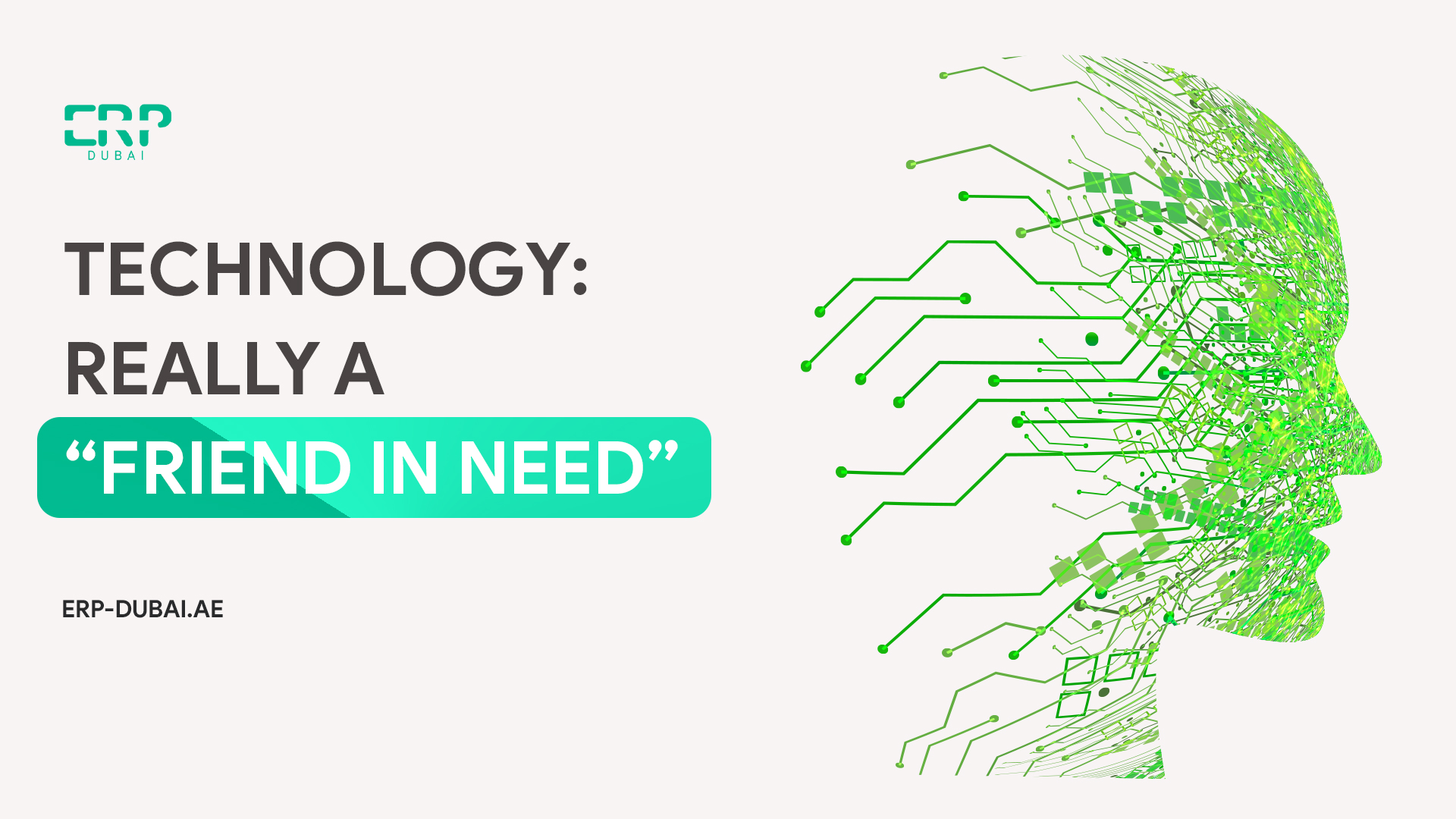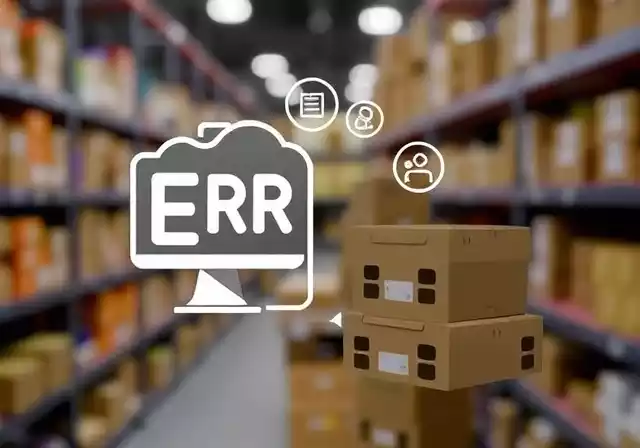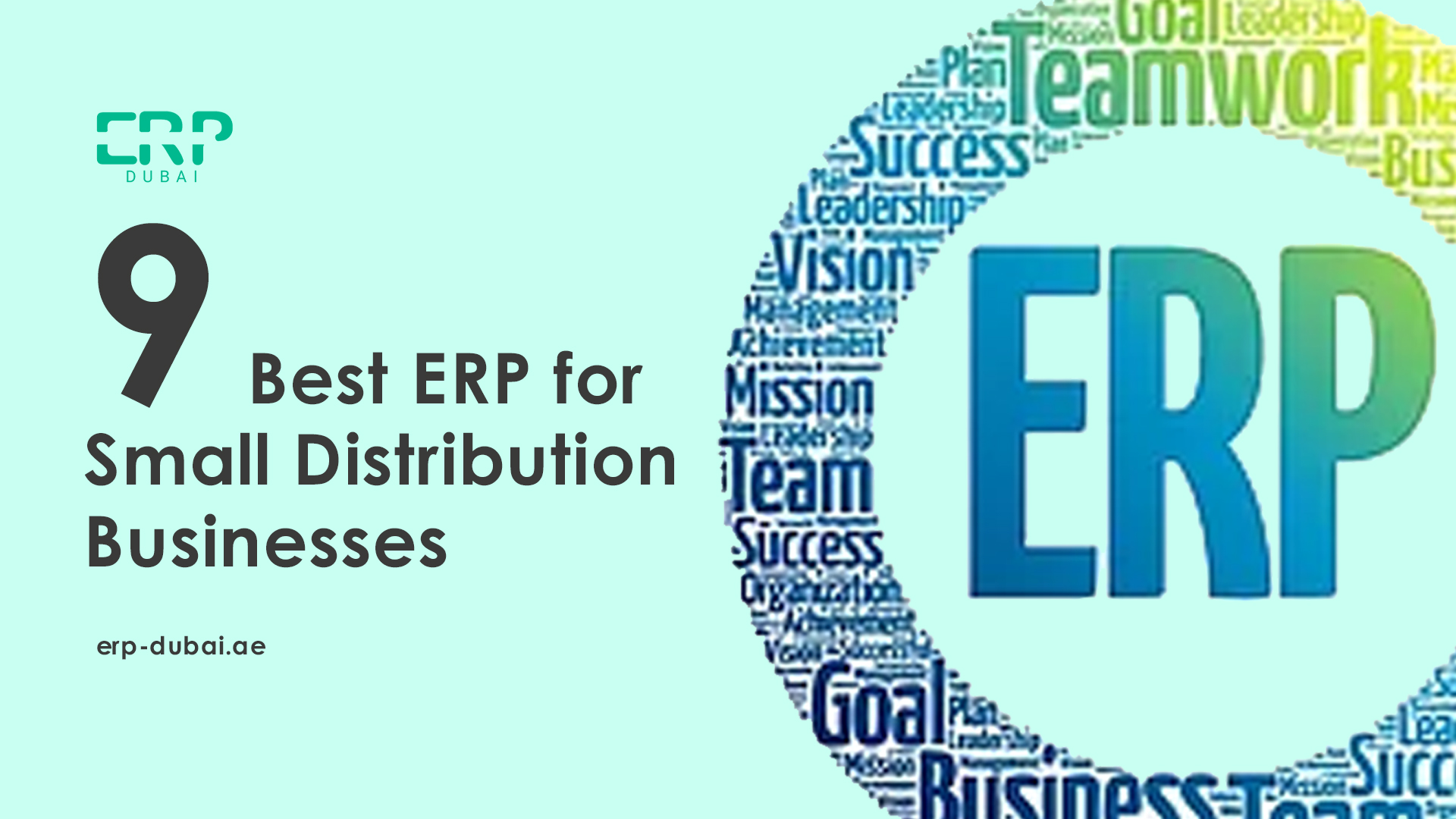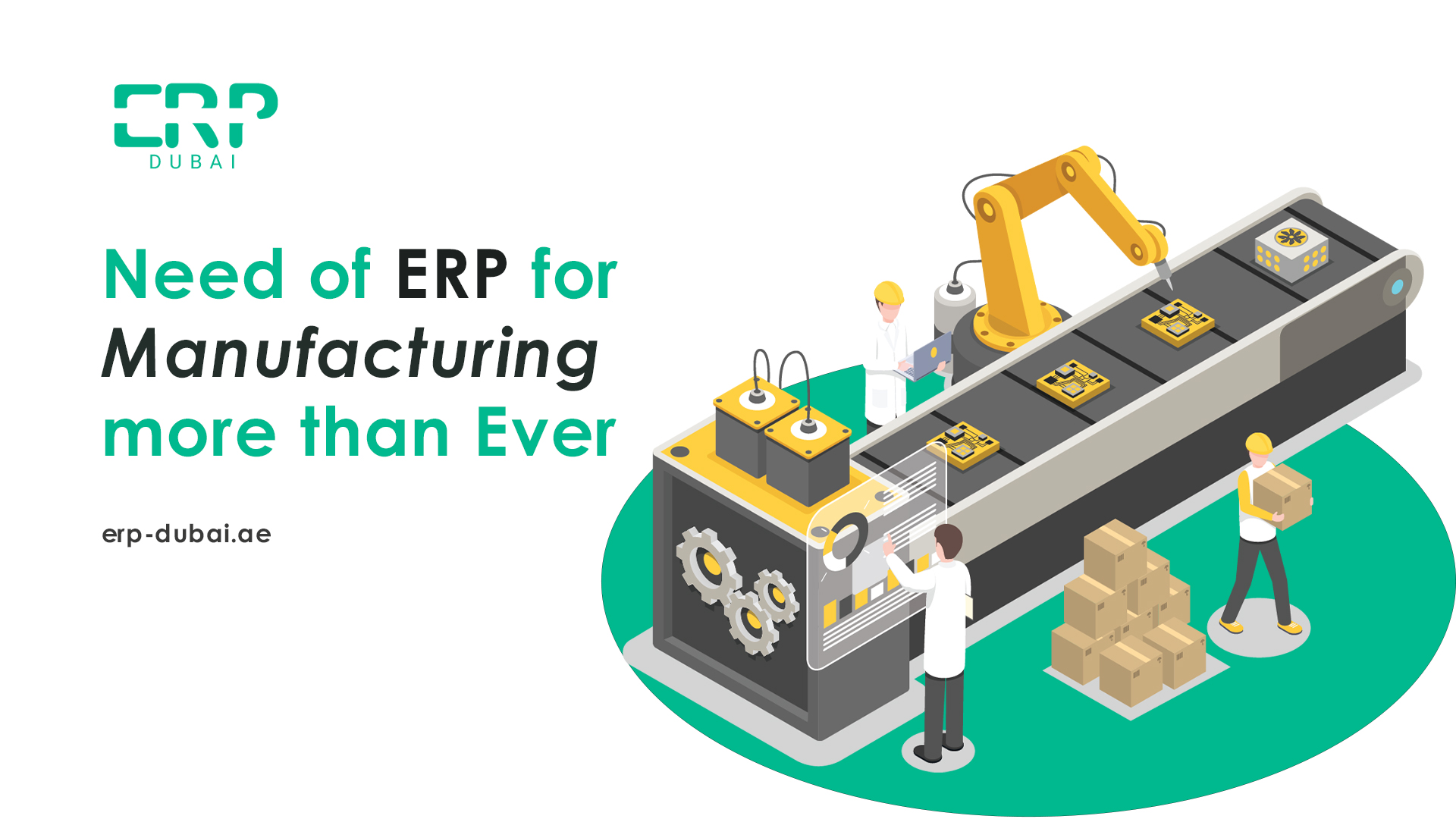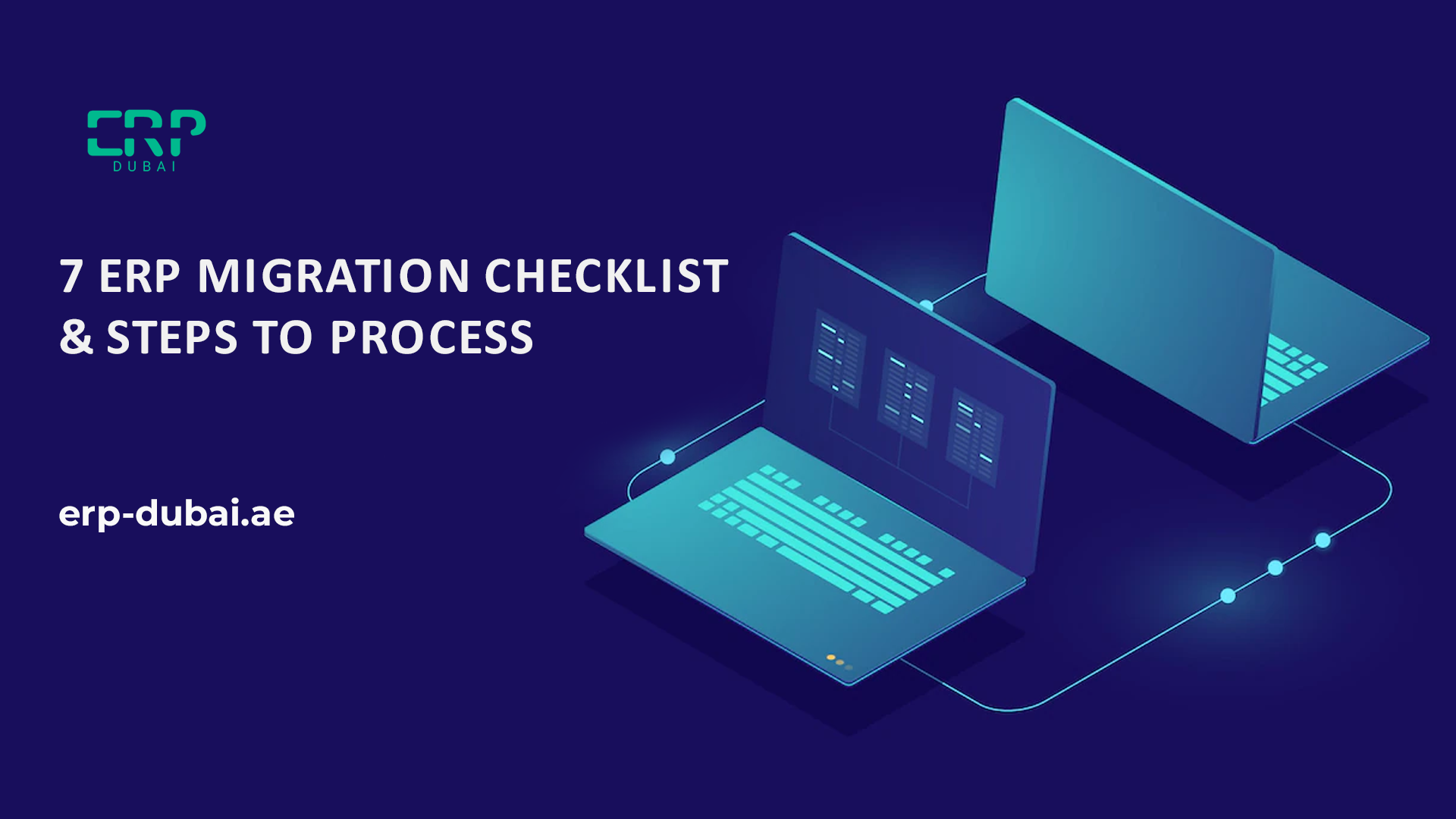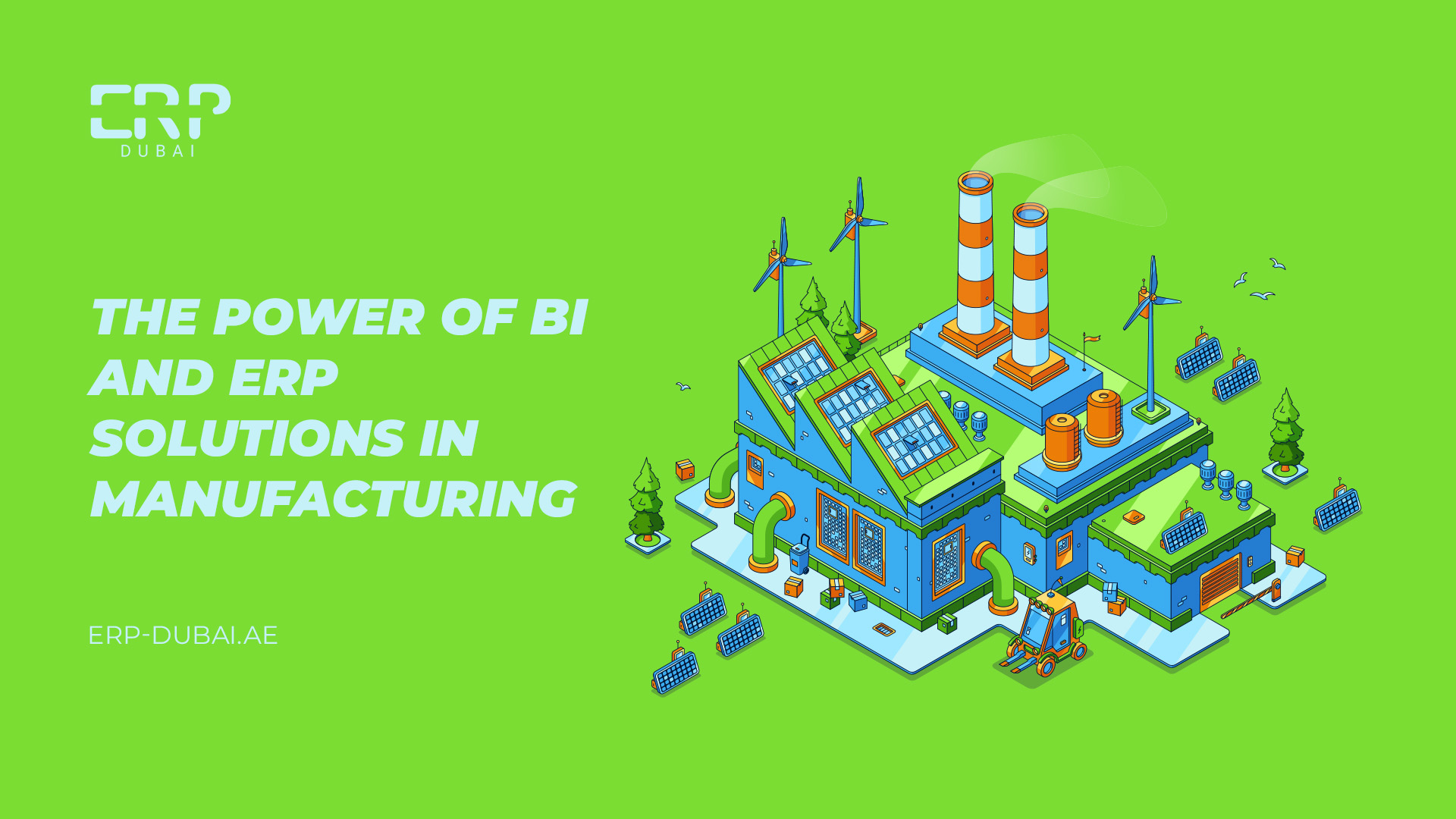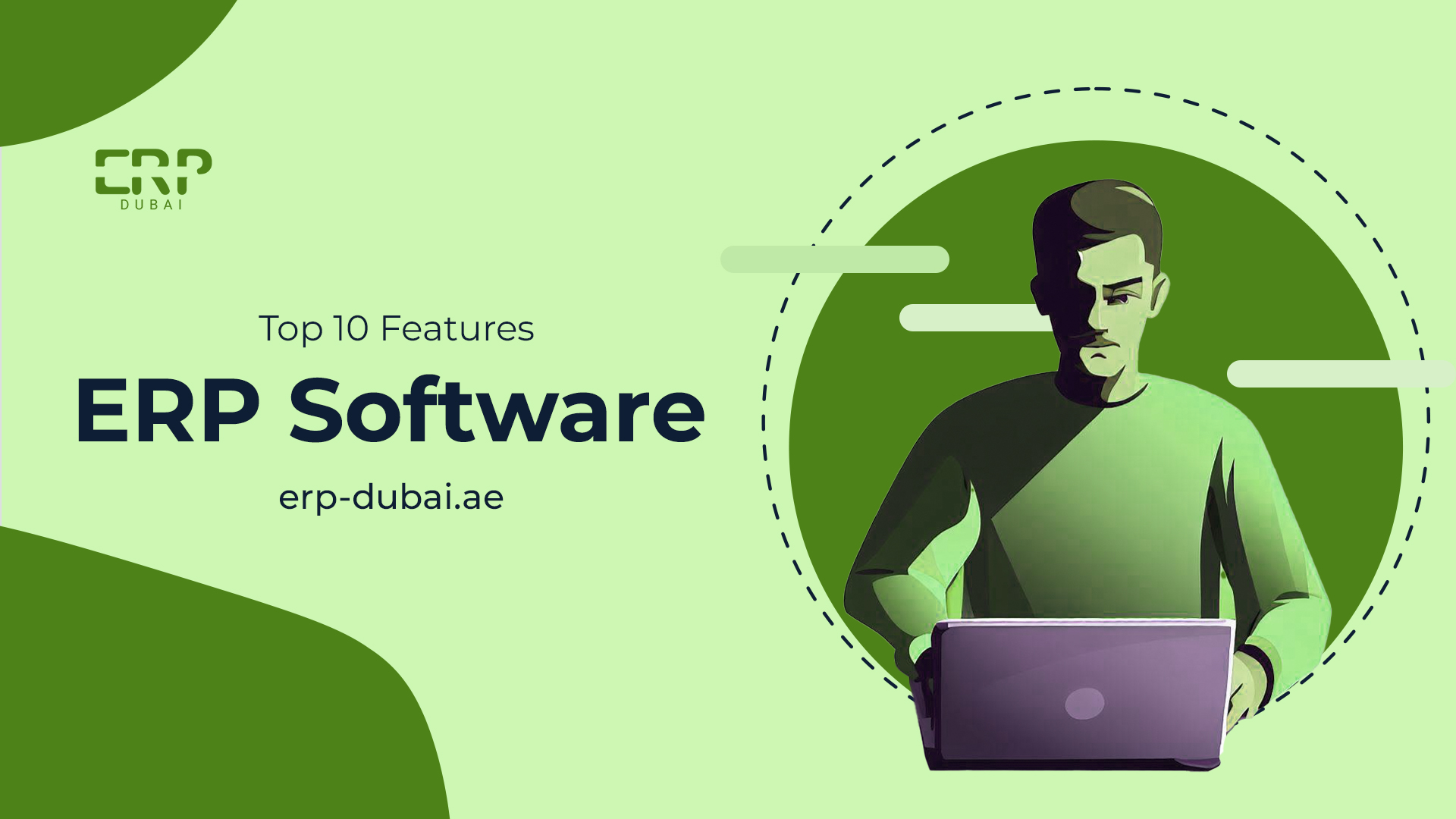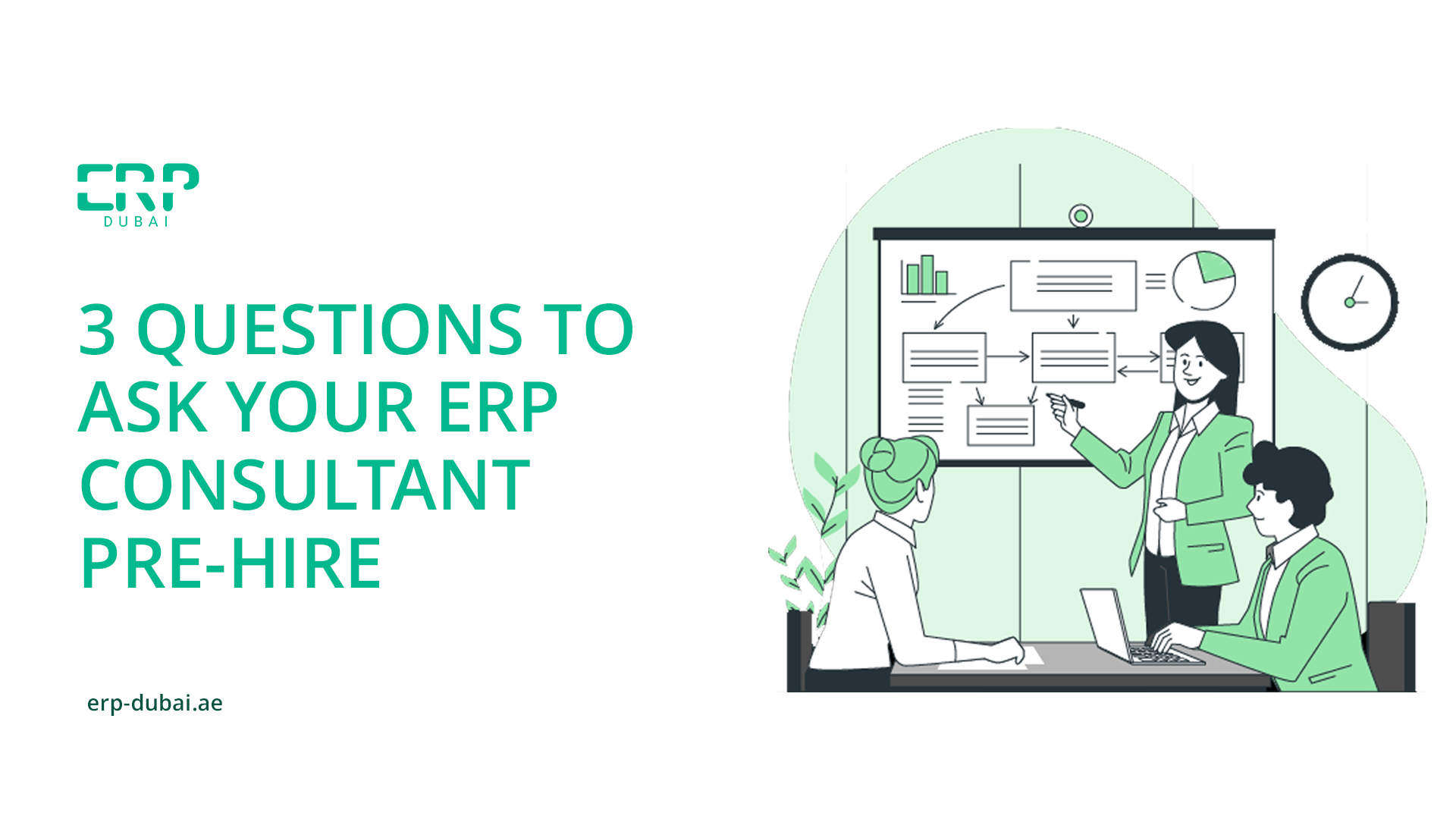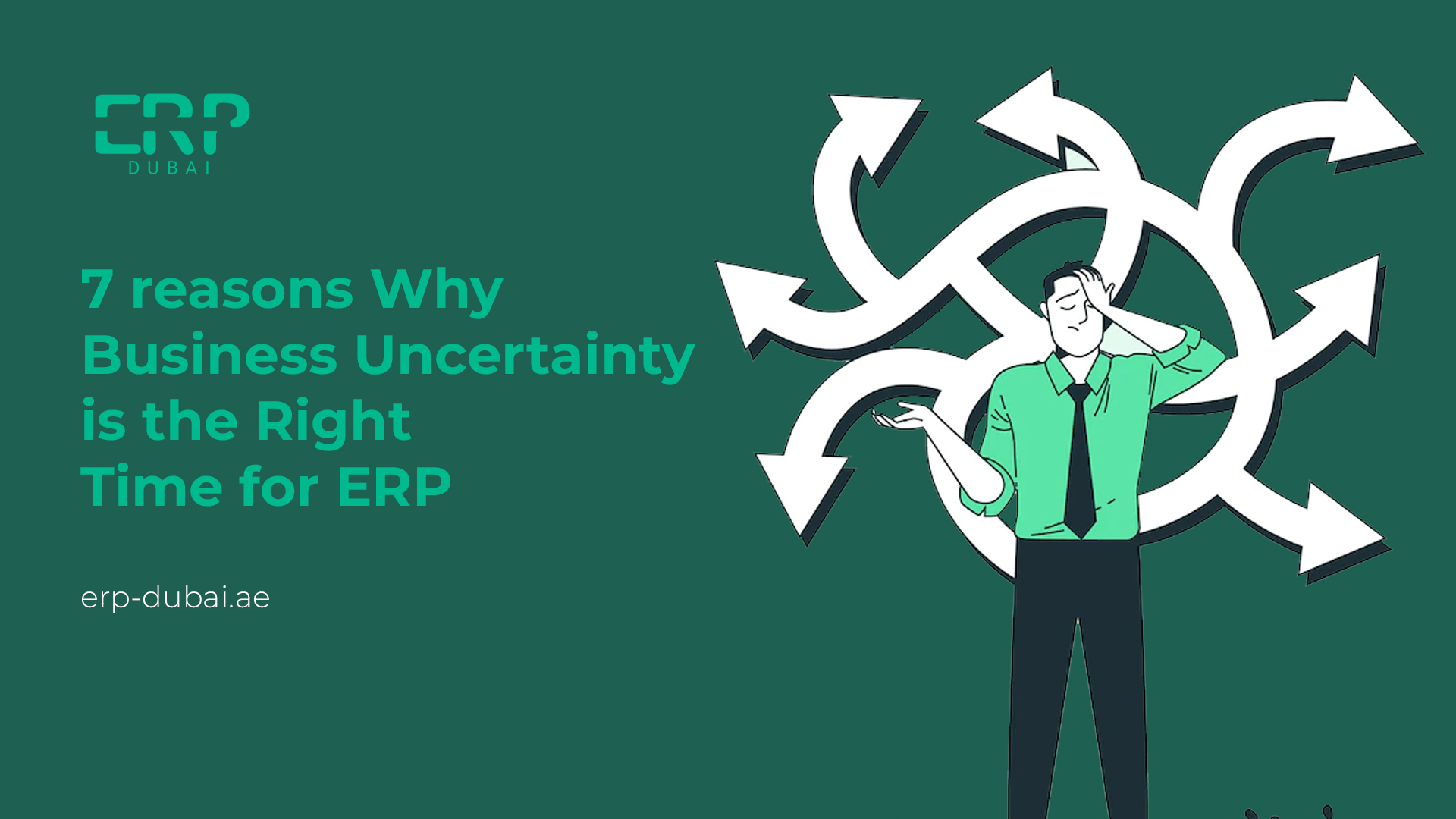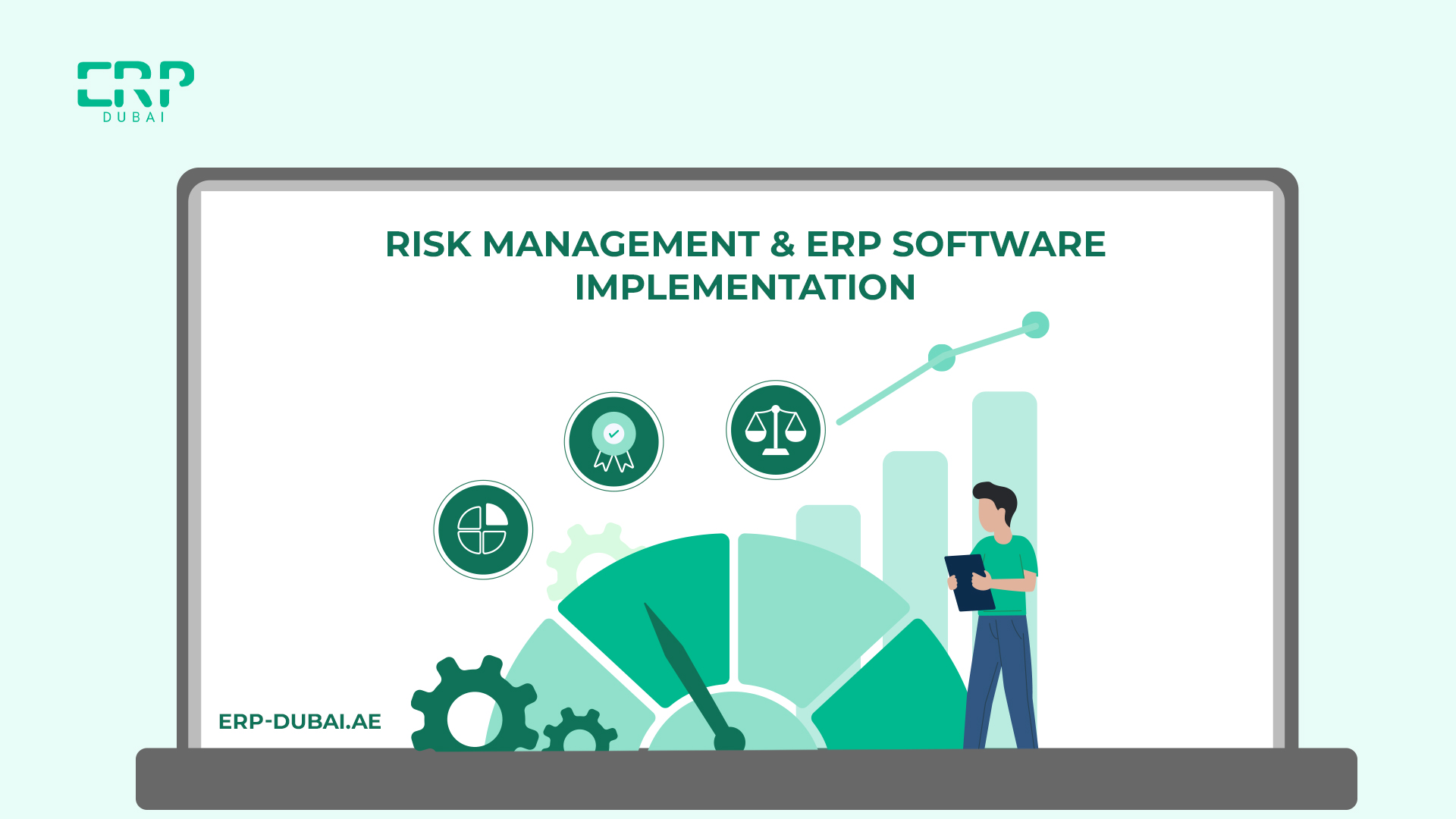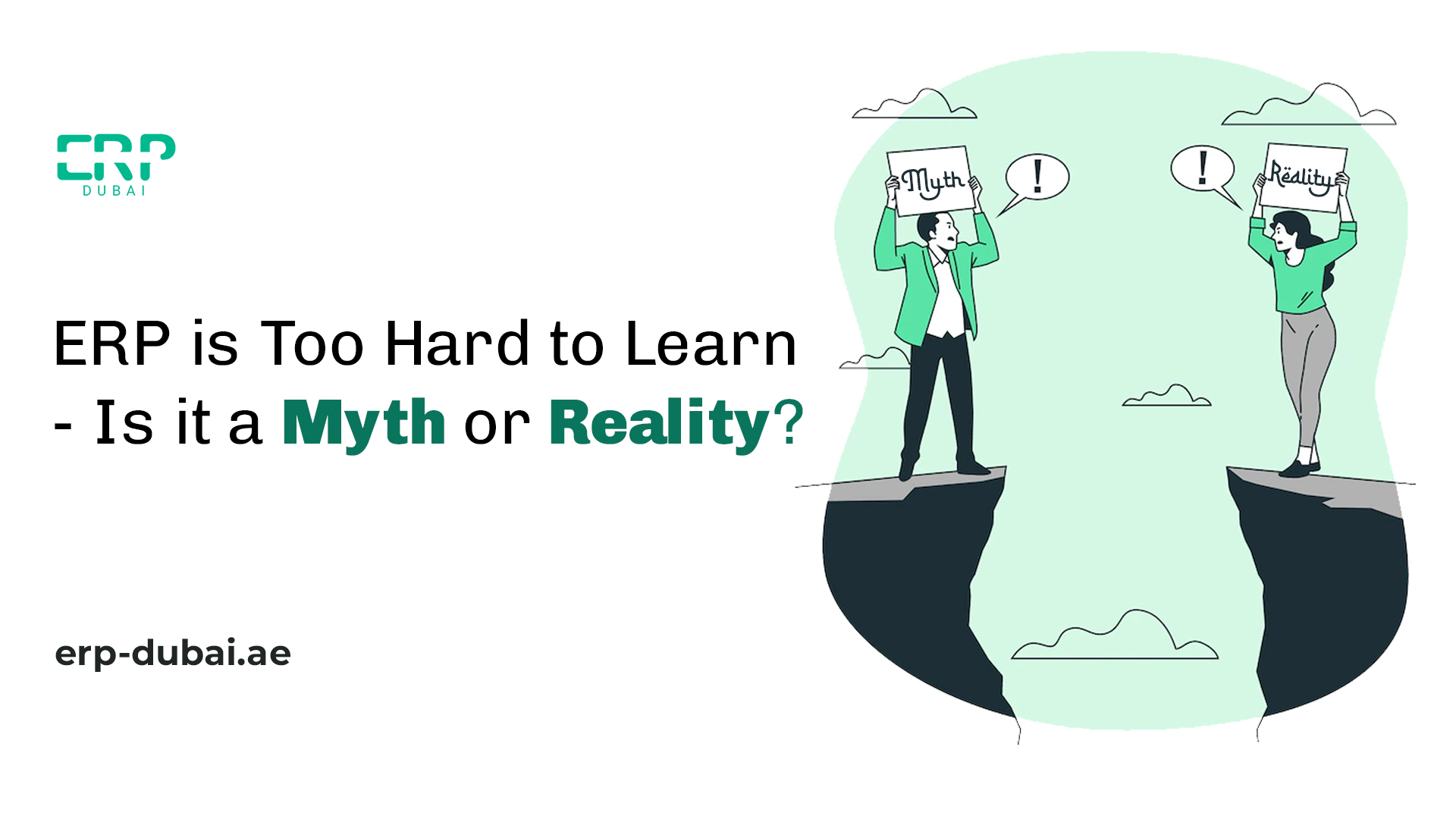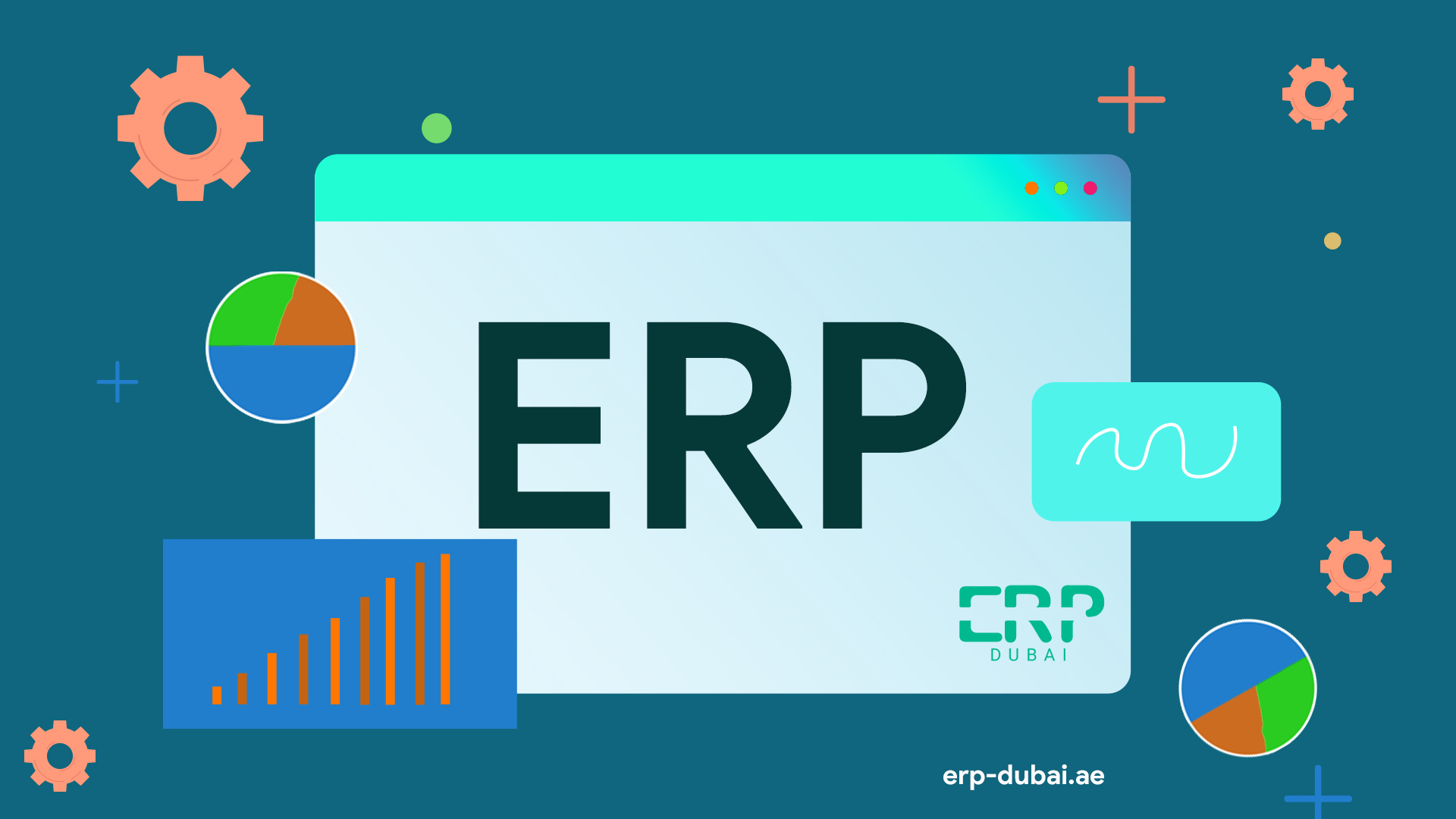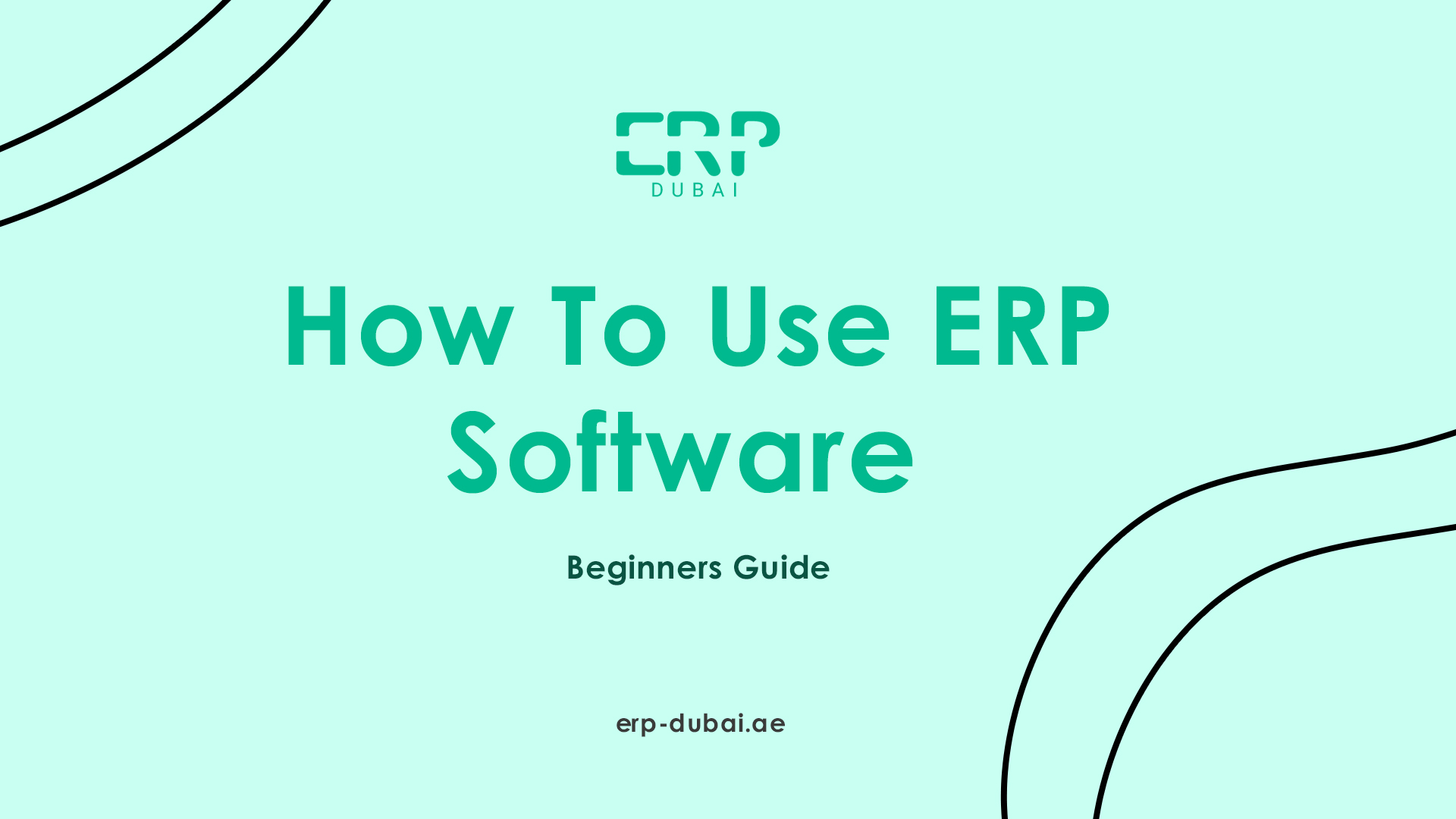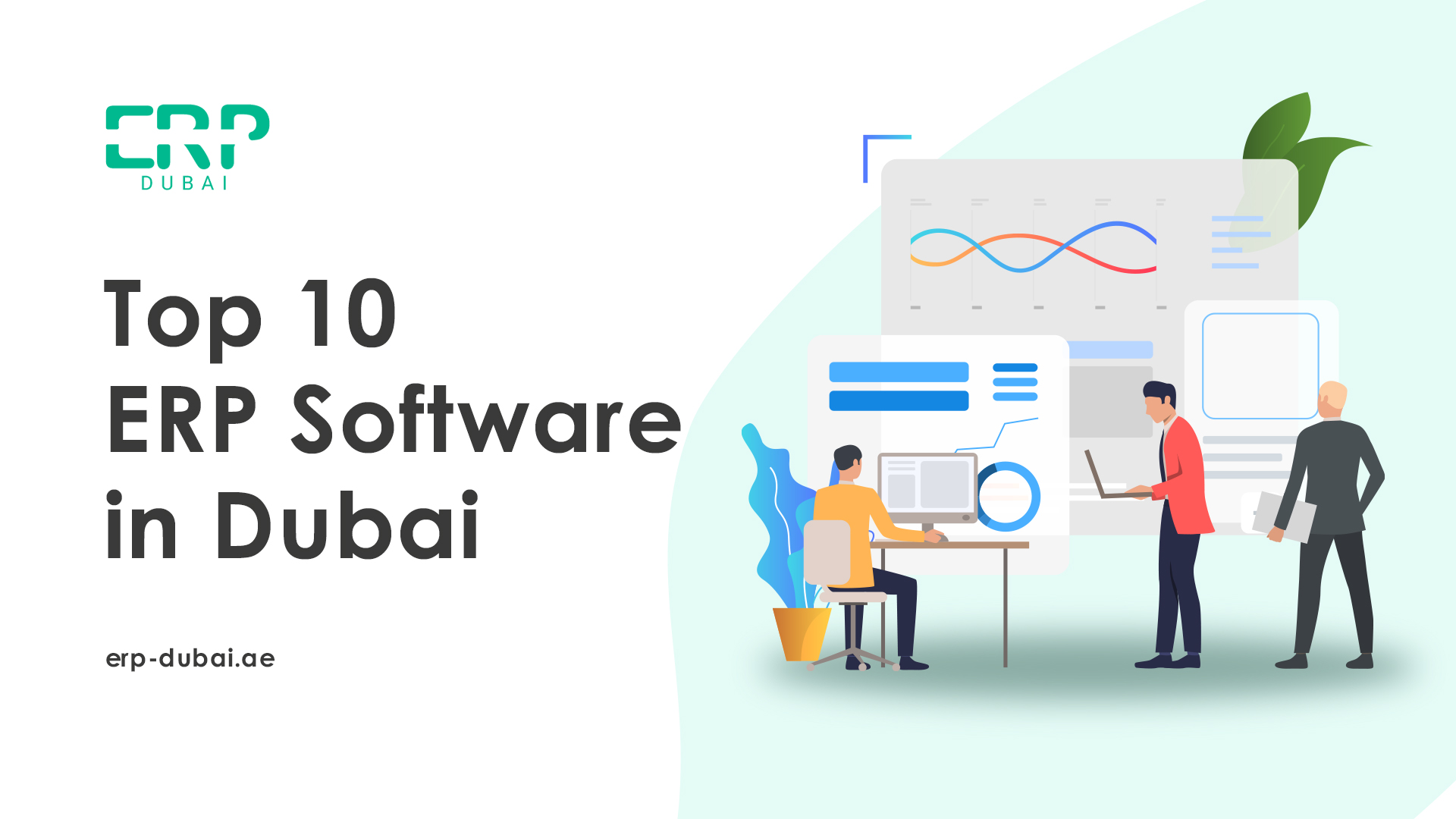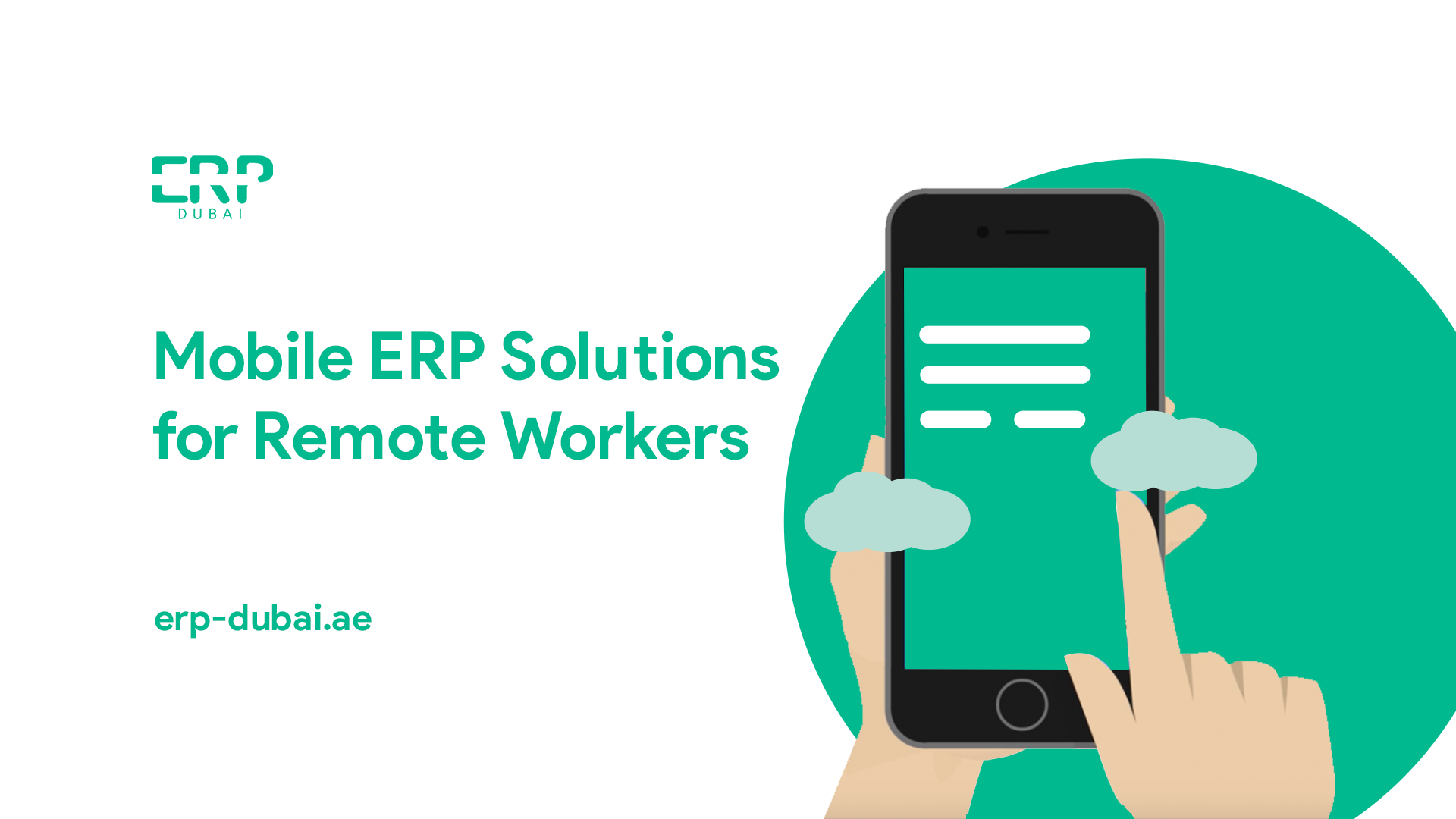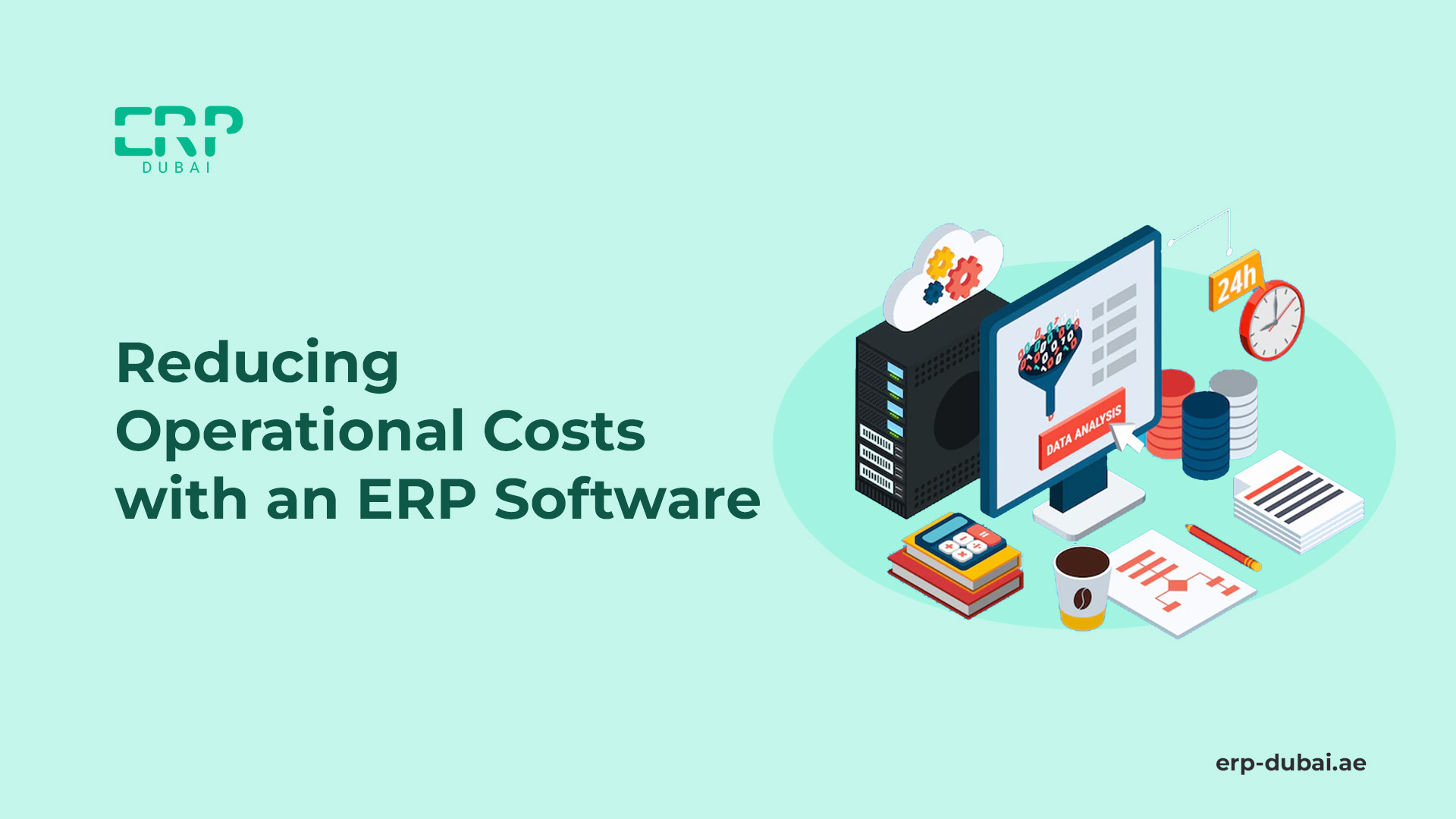No products in the cart.
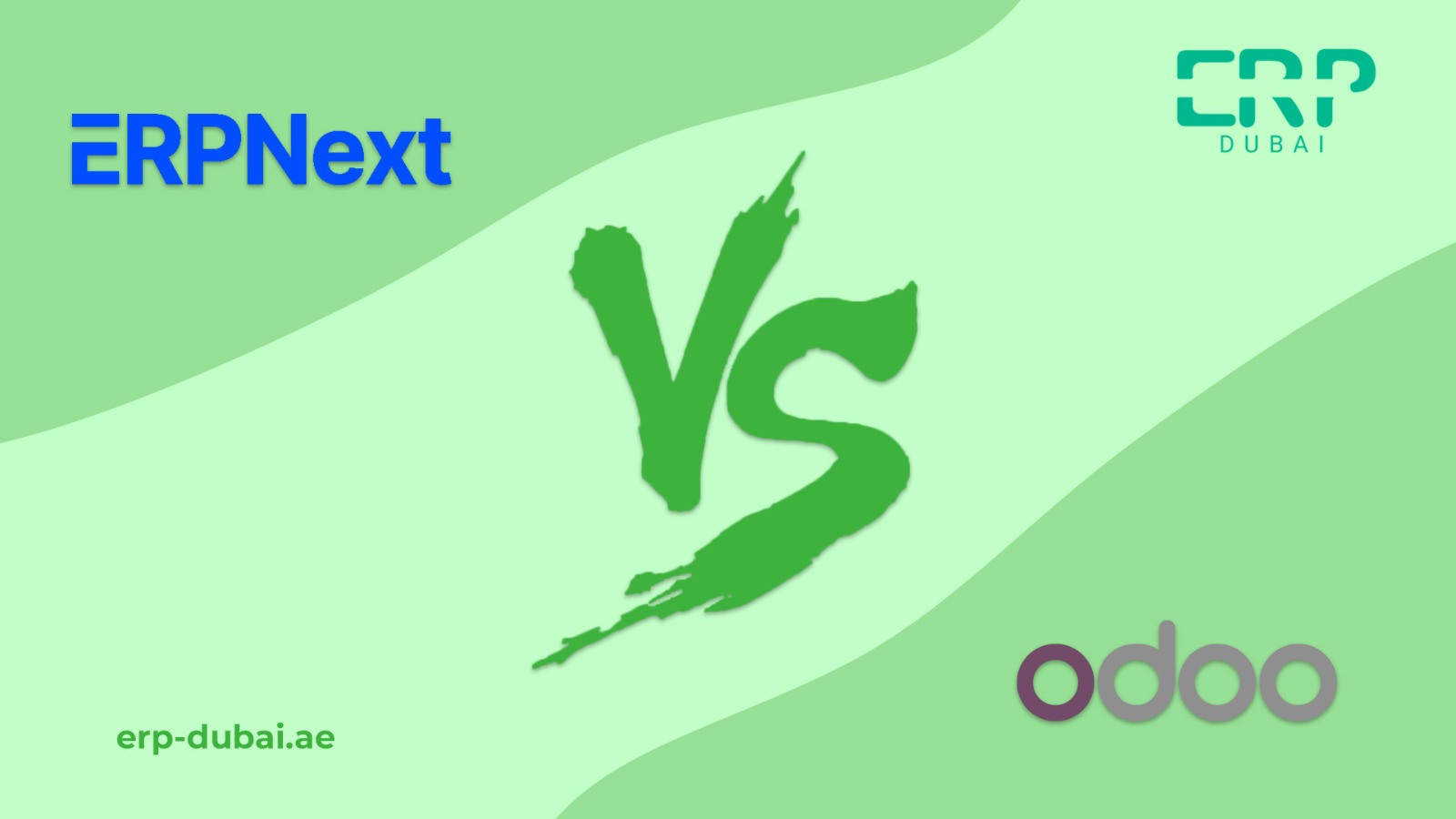
ERPNext vs Odoo - 2023
In today’s competitive business landscape, organizations require robust ERP (Enterprise Resource Planning) systems to streamline their operations, improve efficiency, and enhance decision-making processes. Two popular choices in the ERP market are ERPNext and Odoo. This blog post aims to provide a detailed and unbiased comparison of these two leading ERP systems, highlighting their features, functionalities, and key differences. ERPNext vs Odoo - 2023 - Latest Update.
ERPNext Overview
ERPNext Dubai is an open-source ERP system developed by Frappé Technologies. It offers a range of modules, including accounting, inventory management, project management, CRM, human resources, and more. With its user-friendly interface and extensive customization options, ERPNext caters primarily to small and medium-sized enterprises (SMEs).
Odoo Overview
Odoo, formerly known as OpenERP, is another open-source ERP solution that covers various business functions. Developed by Odoo S.A., it provides modules for accounting, inventory, manufacturing, sales, marketing, and more. Odoo is renowned for its flexibility, scalability, and modular approach, making it suitable for businesses of all sizes, from SMEs to large enterprises.
Feature Comparison
User Interface and Customization:
ERPNext: The user interface of ERPNext is clean, intuitive, and straightforward. It offers a high level of customization, allowing users to tailor the system to their specific requirements.
Odoo: Odoo boasts a modern and user-friendly interface that is highly customizable. Users can easily personalize the system’s look and feel, making it more aligned with their preferences.
Modules and Functionality:
ERPNext: ERPNext offers a comprehensive suite of modules that cover essential business functions. It includes features like accounting, inventory management, CRM, project management, and more. While the core modules are robust, some specialized functionalities may require additional customization.
Odoo: Odoo provides an extensive range of modules covering various business processes, including accounting, inventory, sales, manufacturing, and more. Its modular design allows businesses to select and integrate only the modules they need, minimizing complexity and optimizing performance.
Integration Capabilities:
ERPNext: ERPNext provides integration capabilities with third-party applications through APIs. While it offers standard integrations with popular tools, additional customization may be required for complex integrations.
Odoo: Odoo excels in integration capabilities with a vast ecosystem of applications. It offers seamless integration with numerous modules within its platform and provides APIs and connectors for connecting with external systems.
Community and Support
ERPNext: ERPNext has an active and supportive community of users and developers. The community forums and documentation are valuable resources for assistance and troubleshooting. Commercial support is also available for businesses that require dedicated assistance.
Odoo: Odoo boasts a large and vibrant community of users and developers globally. The community actively contributes to the platform, providing modules, support, and guidance. Odoo also offers enterprise-level support for businesses that require professional assistance.
Pricing Model
ERPNext: ERPNext follows a transparent and affordable pricing model. The self-hosted version is free and open-source, while the cloud-hosted version has subscription-based pricing based on the number of users.
Odoo: Odoo offers a dual-license model. The Community Edition is free and open-source, allowing users to access the core features. The Enterprise Edition provides additional features and support and follows a subscription-based pricing model.
Conclusion:
Both ERPNext and Odoo are powerful ERP systems that cater to different business needs. ERPNext is suitable for SMEs looking for a comprehensive, cost-effective solution with high customization options. Odoo, on the other hand, offers a flexible and modular approach that can scale from SMEs to large enterprises. Ultimately, the choice between ERPNext vs Odoo depends on the specific requirements, budget, and scalability needs of the organization. Evaluating these factors and considering the unique needs of your business will help you make an informed decision when selecting the right ERP system for your organization.
Remember, before implementing any ERP system, it is advisable to thoroughly evaluate and test the software to ensure it aligns with your business processes and objectives.
`


